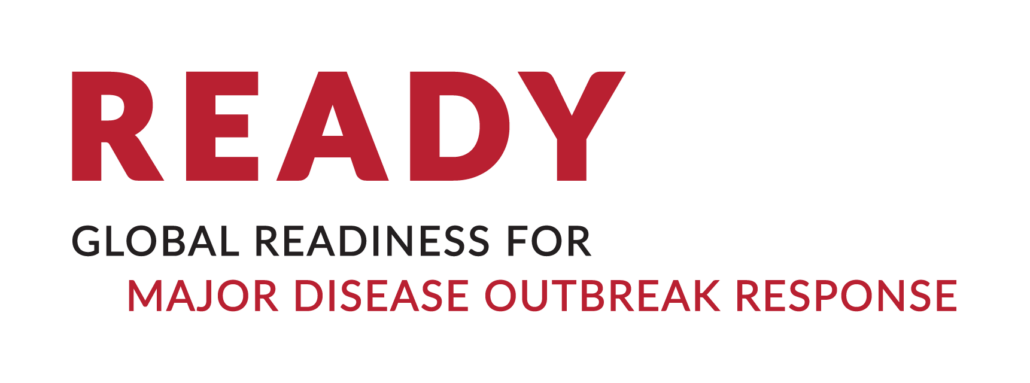Coordenação de resposta a surtos de doenças infecciosas: um guia introdutório para organizações não governamentais
Autor: PRONTO
National outbreak response coordination can be highly complex, and exact coordination mechanisms are typically specific to both the country and the disease. The purpose of this guide is to help national and international nongovernmental organizations (NGOs) to understand the basic elements of a major disease outbreak response coordination. It gives an overview of outbreak response coordination, the factors that influence how coordination structures are operationalized at the national level, and tips on how your organization can effectively engage with and support outbreak responses. This guide does not attempt to outline a universally applicable methodology, but rather it describes common outbreak coordination mechanisms and some of the factors that shape and influence the coordination of an outbreak response.
View the guide in English here (356KB .pdf).
View the guide in French here (402KB .pdf).
View the guide in Spanish here (372KB .pdf).
View the guide in Arabic here (687KB .pdf)


Este site é possível graças ao apoio do povo americano através do Agência dos Estados Unidos para o Desenvolvimento Internacional (USAID) no âmbito da iniciativa READY. READY (não é um acrônimo) é apoiado pela USAID Gabinete para a Democracia, Conflitos e Assistência Humanitária, Escritório de Assistência a Desastres Estrangeiros dos EUA (OFDA) e é liderado por Salve as crianças em parceria com o Centro Johns Hopkins de Saúde Humanitária, o Centro Johns Hopkins para Programas de Comunicação, Reino Unido-Med, Aliança EcoSaúde, e Misericórdia Malásia. O conteúdo deste website é da exclusiva responsabilidade da Save the Children. As informações fornecidas neste site não refletem necessariamente as opiniões da USAID, de qualquer ou de todos os parceiros do consórcio ou do Governo dos Estados Unidos, e não constituem informações oficiais do Governo dos EUA.


